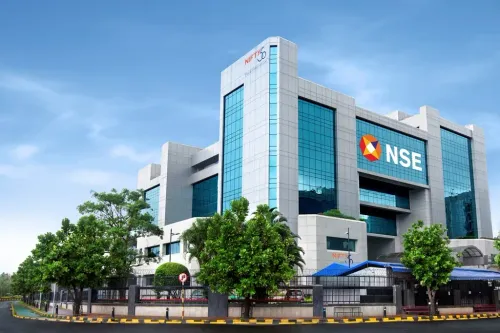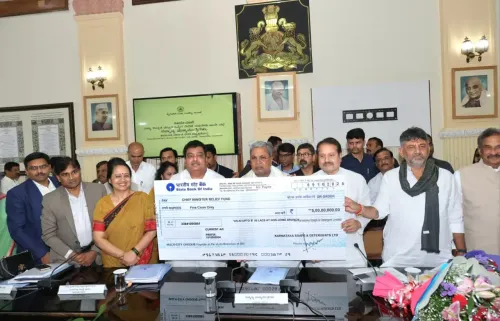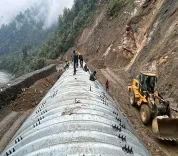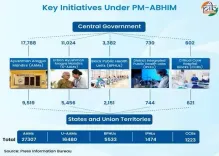Is Google Expanding Its Agricultural AI APIs to APAC Countries?
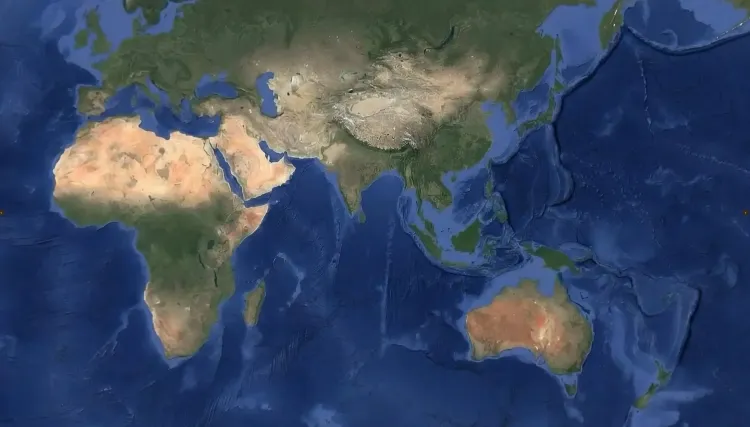
Synopsis
Key Takeaways
- Google's agricultural APIs are expanding to APAC countries.
- The ALU API identifies essential agricultural features.
- The AMED API provides critical insights into crop management.
- Data updates occur every 15 days for real-time insights.
- These technologies aim to enhance sustainability in agriculture.
New Delhi, Oct 24 (NationPress) The renowned US technology company Google has announced the expansion of its Agricultural Landscape Understanding (ALU) API and Agricultural Monitoring and Event Detection (AMED) API, which were first introduced in India, to 'trusted testers' in Malaysia, Vietnam, Indonesia, and Japan.
The ALU API, which was made available to Indian developers in October 2024, is capable of identifying fields, water bodies, and vegetation boundaries. The AMED API complements the ALU by offering field-level insights into the most commonly cultivated crops, along with their sowing and harvesting schedules at an individual field level. This API also provides data updates every 15 days, assisting in the detection of agricultural events.
These APIs are freely accessible and utilize remote sensing and machine learning technologies to deliver insights that can help local ecosystems develop cost-effective, straightforward, and targeted agricultural solutions, as stated by the company.
“These localized use cases have fulfilled our vision for AI to support targeted, data-driven actions and solutions that benefit stakeholders across India’s agricultural landscape,” stated Alok Talekar, Lead of Agriculture and Sustainability Research at Google DeepMind.
Google pointed to the successful implementation of these APIs in India as a model for broader regional implementation, noting that they have been instrumental for startups, governmental initiatives, and research institutions in advancing sustainability and resilience within the agricultural sector of the country.
Collectively, these models offer crucial information and insights that form a foundational layer for the agricultural ecosystem, allowing for the development of precision agriculture tools, enhanced resource allocation, and improved farm management practices, according to Google.
In India, these APIs are being integrated into the Krishi DSS, a platform developed for the agriculture ministry to bolster advanced analytics for policymakers and field officers.
The Council on Energy, Environment and Water plans to utilize these APIs to design targeted income-support mechanisms that encourage climate-friendly crops. Additionally, Google noted that startups are leveraging these APIs to enhance climate-smart advisory services for over 10 million farmers and to optimize rural credit processes.


